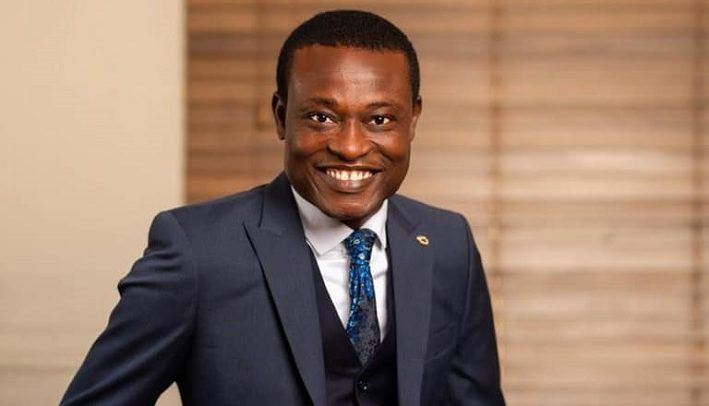Kissi Agyebeng
In recent developments concerning the investigation into former Sanitation Minister Cecilia Abena Dapaah, the Office of the Special Prosecutor (OSP) has rejected assertions that it has cleared her of corruption-related offences prior to transferring the case to the Economic and Organized Crime Office (EOCO).
The probe into Cecilia Dapaah stemmed from allegations of corruption and corruption-related activities following reports of her domestic staff allegedly pilfering significant sums of local and foreign currencies, along with personal items belonging to the ex-minister and her spouse.
After an extensive investigative period, the OSP concluded its case and passed it along to EOCO citing the predominance of money laundering elements in the offenses discovered.
Notably, the OSP emphasized the possibility of reopening the investigation in the event of additional evidence surfacing to support further inquiries into corruption allegations.
However, controversy arose when EOCO forwarded the transferred case docket from the OSP to the Attorney General’s office seeking guidance on the necessity of continuing the investigations with the OSP failing to provide report on the money laundering.
The Attorney General advised EOCO to cease investigations, citing the lack of an investigative report and requisite documentation to substantiate a money laundering prosecution. Additionally, the AG indicated ongoing police inquiries into the source of funds tied to Madam Cecilia Dapaah, deeming EOCO’s involvement redundant.
Amidst these developments, the Attorney General’s office raised concerns over the OSP’s alleged failure to provide EOCO with adequate information regarding their collaboration with the Federal Bureau of Investigations (FBI) to facilitate further probes.
Regarding these unfolding events, Samuel Appiah Darko, the Director for Strategy, Research, and Communications at the OSP, clarified in an interview with Joy News that his office did not absolve Cecilia Dapaah of corruption-related charges.
He stressed that the investigation findings primarily pointed towards money laundering rather than corruption offenses, highlighting inconsistencies in Madam Dapaah’s explanations regarding the seized funds.
Mr. Darko underscored that the OSP had relayed essential documentation, including caution statements from multiple suspects, to EOCO to assist in conducting an independent investigation into the financial transactions at play.
He elaborated that the OSP’s referral to EOCO was based on whistleblowing principles, with the aim of providing critical information to aid in the scrutiny of the case.
Furthermore, Mr. Darko clarified the rationale behind transferring the case to EOCO instead of pursuing a direct money laundering examination, emphasizing that their role was to guide EOCO’s probe rather than dictate its course of action.
The intricate web of investigations and transfers between law enforcement agencies underscores the complex nature of the case involving Cecilia Dapaah and the critical importance of inter-agency collaboration and transparency in dealing with allegations of financial misconduct and corruption at high levels. As the legal and investigative processes unfold, the public remains vigilant for further developments in this ongoing saga.
By Vincent Kubi


